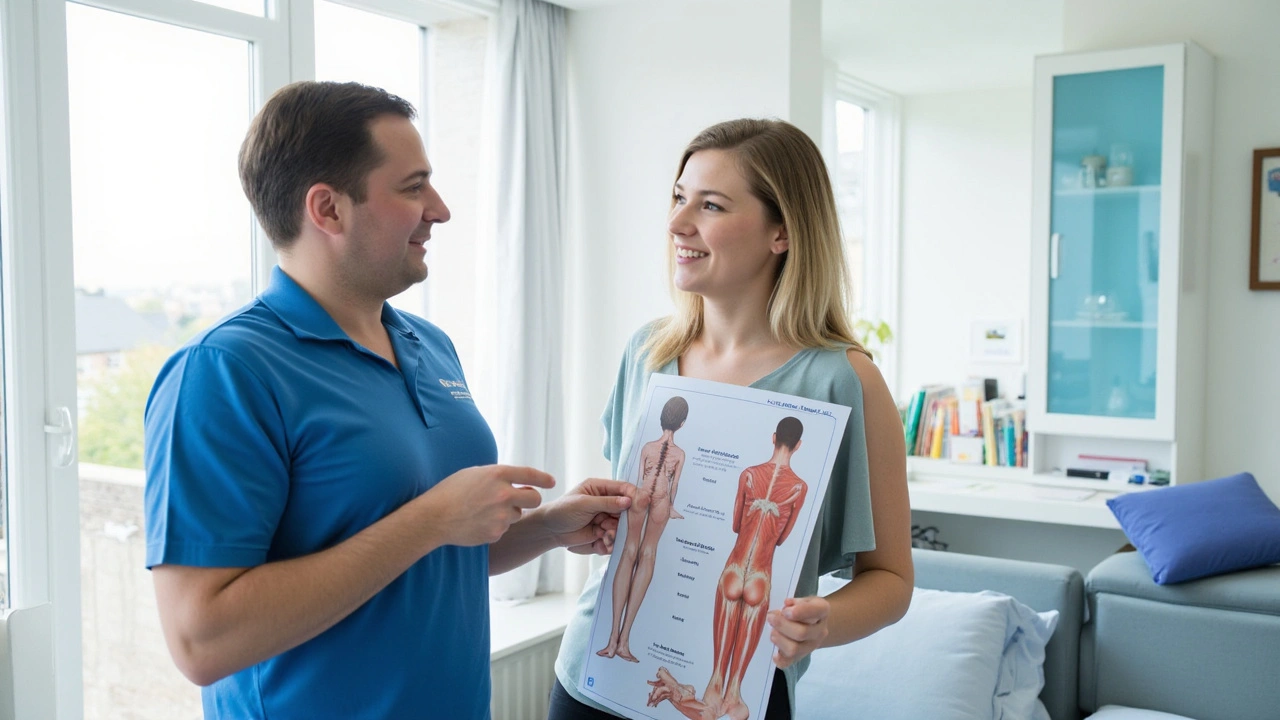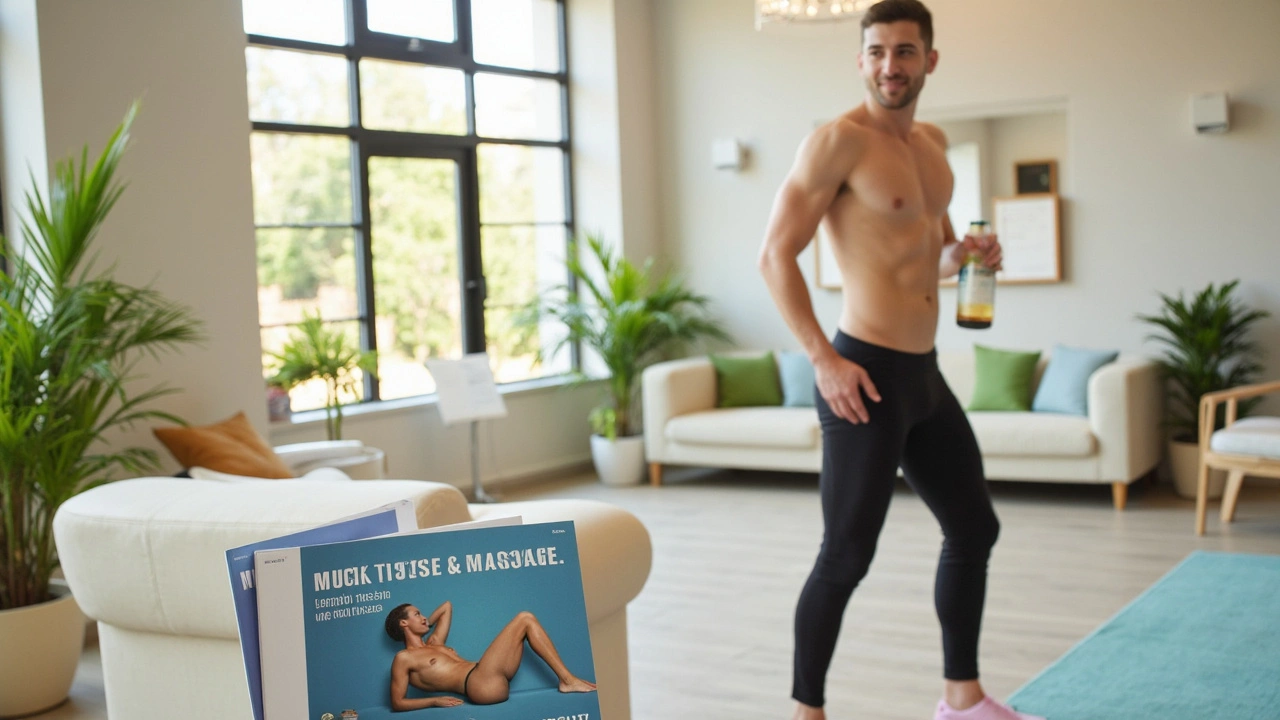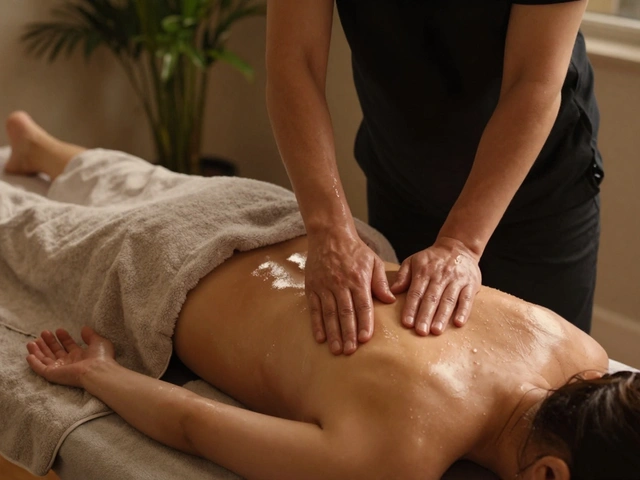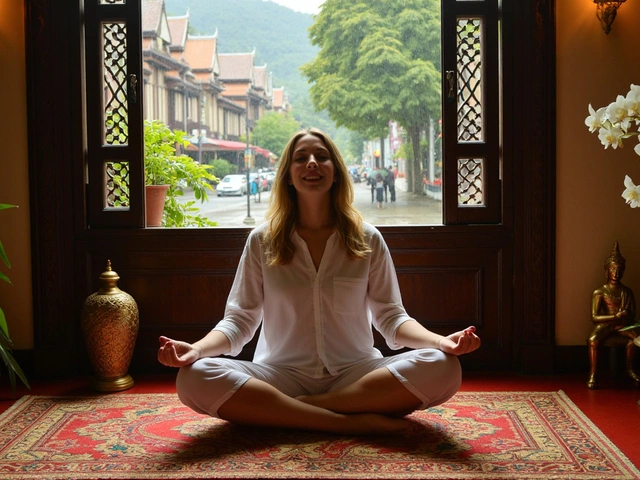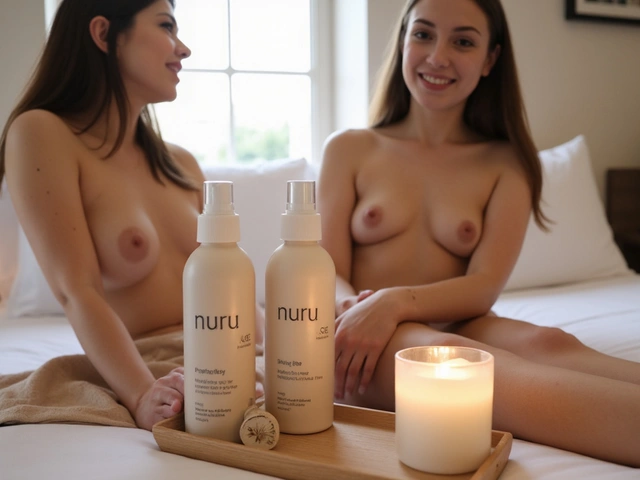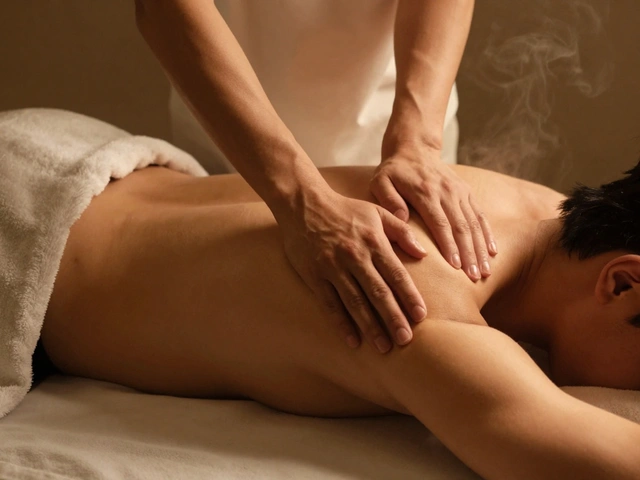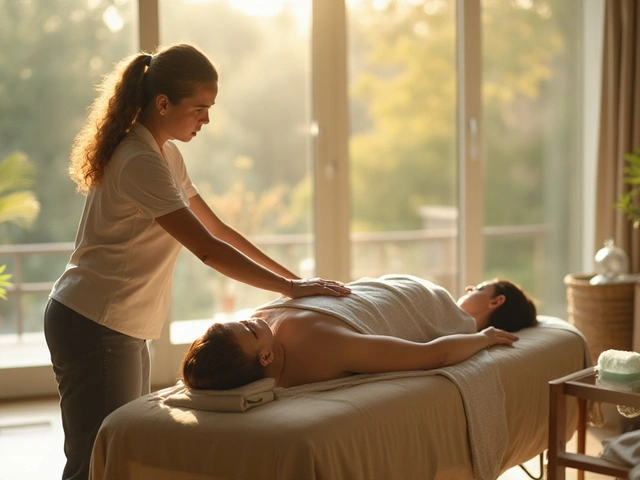Pain Relief Massage in London: What Works and Where to Go
If you’re dealing with sore muscles, joint aches, or everyday tension, a good massage can be a game‑changer. London offers a huge mix of styles, from deep‑tissue sports work to soothing hot‑stone sessions. The key is knowing which technique targets your pain and how to find a therapist who actually listens.
Popular Pain‑Relief Techniques
Sports massage is built for athletes but works for anyone with tight, over‑used muscles. It combines trigger‑point work, stretching, and friction to release knots and boost blood flow. In East London, clinics like Boost Sports Performance focus on recovery and injury prevention, making it a solid pick for runners, cyclists, or desk‑bound workers.
Hot‑stone massage uses warmed basalt rocks to melt tension deep in the tissue. The heat opens up blood vessels, which speeds up healing and eases chronic low‑back pain. Places near London Bridge often bundle hot‑stone work with aromatherapy for a full‑body unwind.
Deep‑tissue body massage applies firm pressure on the deeper layers of muscle. It’s great for stubborn neck and shoulder pain, especially if you spend hours hunched over a screen. Look for therapists who mention “muscle‑release” or “myofascial” in their service lists.
Lingam or Yoni massage may sound exotic, but many clients report a surprising drop in stress‑related aches after a session. The gentle, mindful strokes improve circulation and release endorphins, which can soften tension you didn’t even realize was there.
Couples massage isn’t just for romance; sharing a session can lower cortisol levels for both partners, giving you a joint pain‑relief boost. Brighton’s waterfront spas often run special packages that combine Swedish techniques with light stretching.
How to Pick the Right Therapist
First, read reviews that mention pain relief specifically. A therapist praised for “getting rid of my neck pain” is more useful than one with generic “great atmosphere” comments. Second, check the therapist’s qualifications—look for certifications in sports therapy, deep‑tissue work, or clinical massage.
Don’t be shy about asking questions before you book. Ask what pressure level they recommend for your issue, whether they use oils that might aggravate skin sensitivities, and how long a typical session lasts (most pain‑relief work needs at least 60 minutes).
Pricing can vary a lot. A 60‑minute deep‑tissue session in Central London can run £80‑£120, while outcall services in East London might be a bit cheaper. If budget is tight, look for package deals—many studios give a discount after the third visit, which helps keep results consistent.
Finally, pay attention to the post‑session advice. Good therapists will suggest stretches, hydration tips, or even a simple self‑massage routine to extend the benefits. Following those tips can turn a one‑time fix into lasting relief.
Bottom line: London’s massage scene has something for every kind of pain. Whether you choose a sports‑focused therapist, a hot‑stone specialist, or a holistic lingam practitioner, the right match will leave you moving smoother and feeling less tense. Start by picking a technique that talks to your specific ache, read a few honest reviews, and book a session that fits your schedule and budget. Your body will thank you.
Discover why deep tissue massage is essential for post-surgery recovery. Learn about its benefits, what to expect, safety tips, and how to choose a specialist.
Read MoreThinking about booking a deep tissue massage? This article breaks down what deep tissue massage is, why it works wonders for sore muscles and stress, and how you can find the right service near you. We’ll talk about the real benefits, compare it with other massage styles, and answer questions you might have before your first session. Expect practical tips for getting the most out of your booking and feeling your best. Whether you’re aiming to recover from workouts or just want to unwind, it’s a smart health move.
Read More